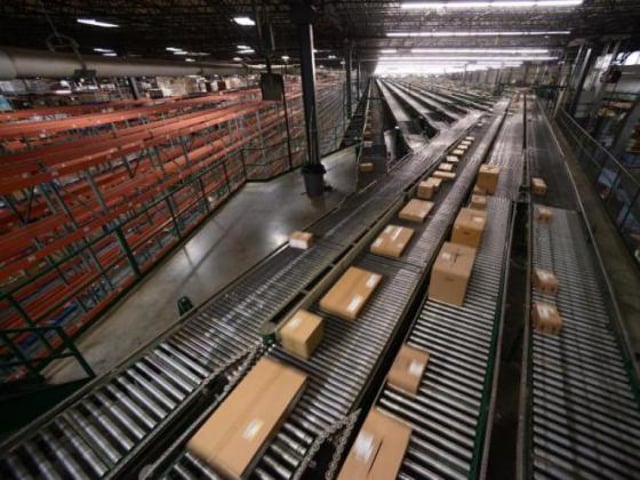CSA Exclusive: COVID-19 creates supply chain inflection point
The COVID-19 pandemic is creating a “new beginning” in the supply chain which will require retailers to respond with technology and strategy.
Chain Store Age recently had a conversation with Matthew Lekstutis, global practice leader, supply chain transformation, Tata Consultancy Services (TCS), about how to build a resilient, responsive and responsible supply chain in this uniquely challenging and dynamic.
“We are not post-COVID-19, we are in a new beginning of the supply chain,” said Lekstutis. “The pandemic has accelerated series of dynamics that were already underway and consolidated and amplified them.”
According to Lekstutis, these dynamics include a move toward e-commerce, as well as a migration toward offering a personalized, segmented customer experience.
“COVID-19 accelerated the industry’s motion toward a personalized experience, with retailers and CPG companies offering an end-to-end supply chain,” said Lekstutis. “The new supply chain is focused on availability, deliverability, accessibility, and sustainability and ethics. It is purpose-driven, with a heightened sensitivity to safety.”
These changes are taking place in the wake of the pandemic demonstrating how dramatically the supply chain can affect consumers’ quality of life, explained Lekstutis.
“The supply chain experienced a phenomenal success during COVID-19 in terms of what didn’t happen,” he stated. “Certainly, the supply chain had hiccups and shortages, but it didn’t break down. In large part, the supply chain got products to consumers and protected individuals most desperately in need and/or at risk.”
In the process of rapidly adapting to the changing needs of the market during the pandemic, Lekstutis said the supply chain has undergone a shift in the rules by which it operates.
“Supply chain actions were previously driver-based or event-based,” he said. “Now, supply chain actions are steered by factors such as what markets are open or closed and lockdown regulations. The economics of recovery are driving demand.”
Lekstutis cited changing patterns in the food service vertical to illustrate how the pandemic is impacting demand drivers.
“There has been a channel shift in food service,” he said. “There is the same demand, but different channels. Consumers are not consuming food at restaurants, or in industrial or academic settings, or in hotels. They are eating at home. The food supply chain has had to become more resilient and responsive to adjust.”
As a result of all these accelerating trends, Lekstutis said the supply chain is at a “phenomenal inflection point” that will create winners and losers among retailers.
He reviewed results of a recent TCS survey of retailers.
“Half of retailers have increased their market share since COVID-19 and half have lost market share,” said Lekstutis. “Being resilient means if something fails, you can rapidly find a new solution, or use intelligent or predictive technology to anticipate and sense what’s happening.”
Lekstutis cautioned that retailers need to obtain this type of clear supply chain visibility on both the supply and demand sides, and not just upstream or downstream, but on the shelf.
“Retailers now need to make real-time decisions about dispositioning and distributing products,” he said. “They must respond to changes in the marketplace with automation and collapse their supply chain response time with automation and analytics.”
Lekstutis concluded by discussing how more of the customer experience is being defined by the supply chain than ever before.
“One element of the customer experience – the product – was always defined by the supply chain,” he said. “Now there is a whole ecosystem. How customers choose to have a product delivered helps define their experience. If the product is delayed or damaged during the last mile of delivery, it negatively impacts the whole customer experience. This gives retailers the chance to differentiate and innovate. You can change the customer experience by changing how you handle customer experience.”
Heightened consumer interest in supply chain sustainability also affects the customer experience.
“People want to see the products they purchase confirm their personal values,” said Lekstutis. “They want to know they are sustainably sourced, manufactured, and delivered. Better aligning and matching your supply chain to customer values provides a competitive advantage.”







